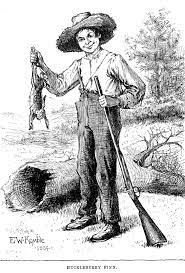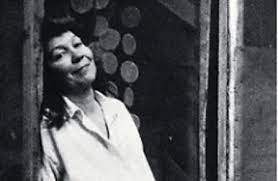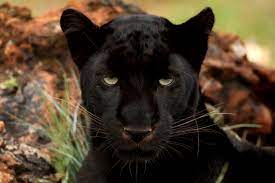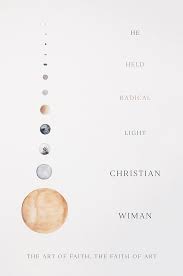
Vignettes. In prose, they are short snapshots of a subject. They lack the plot you’d expect in a short story, but are rich in description and mood and are often strong enough to carry a theme, especially when matched with other vignettes.
The equivalent of a vignette in poetry? Another snapshot, again too passing to be deemed a narrative poem with beginning, middle, and end, but still worthy of comment.
When a reader takes in a short lyric poem about a person, a time, and a place, she is left with the keys to a door she must open herself. “Here is a character,” the poet seems to say. “You fill in the details of his past and the possibilities of his future. See, too, if you recognize yourself or someone like him from your own life.”
An example of this type of poem is Ted Kooser’s below. I’ll meet you ’round the other side of it.
“The Student”
Ted Kooser
The green shell of his backpack makes him lean
into wave after wave of responsibility,
and he swings his stiff arms and cupped hands,
paddling ahead. He has extended his neck
to its full length, and his chin, hard as a beak,
breaks the surf. He’s got his baseball cap on
backward as up he crawls, out of the froth
of a hangover and onto the sand of the future,
and lumbers, heavy with hope, into the library.
An image is briefly sketched. We get color (“green shell of his backpack”), and we get physical description (“stiff arms and cupped hands,” “extended his neck,” “chin, hard as a beak,” “baseball cap on / backward”). We even have a location (“the library”).
As this young student is emerging from a hangover, we can even place his age in the college years.
Active verbs help us to envision a bit of action in this nine-lined snapshot, too. He leans into the wind, swings his arms, and extends his neck and chin as he enters the library.
Most important, poetically, is the employment of nouns in metaphorical ways. This kid must not only lean into the wind, he must “lean / into wave after wave of responsibility” and use neck and chin to “break the surf.”
The oceanic image is completed in the final stanza “as up he crawls, out of the froth / of a hangover and onto the sand of the future.” The snapshot is a D-Day in miniature as the young man, who can do it because he is in the prime of life, fights off the vapor of alcohol and establishes a beachhead at the library. Back to business, in other words. There’s a war to fight called education.
And just how heavy is that green-shelled backpack? Heavier than you think. Laden not just with textbooks, it comes “heavy with hope,” as well. As the reader, you can infer what these hopes are, but the simplest is that he can have his keg and get good grades, too, the hope (or delusion, if you prefer) of any partying student.
Worthy of a poem? If the image strikes you as a writer, yes. A mere stroke of the brush, but one that requires just enough paint to say its piece and go home. A vignette with little story except what the reader cares to add. In this case, the student in question is both unique and Everyman (or Everystudent) at once.
Unique universality, I call it. From paradox, poetry.








